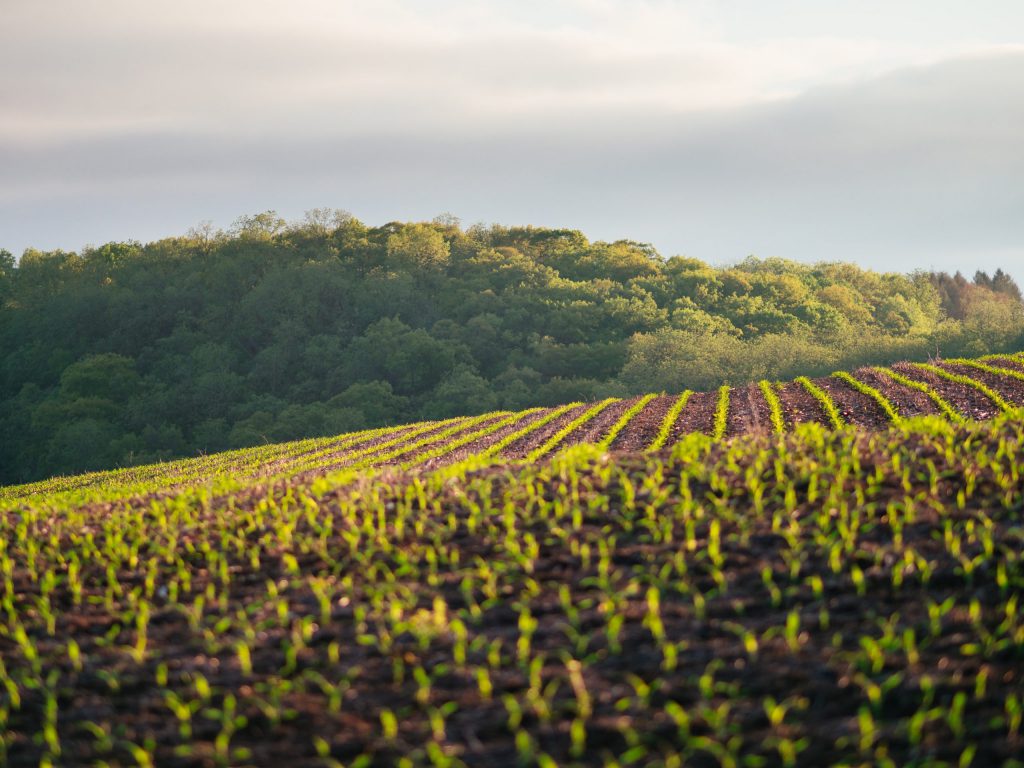While Wisconsin’s water quality challenges have received more attention from lawmakers the last couple of years, we haven’t seen the bold, transformative policies necessary to put Wisconsin on a firm path to cleaner water come to fruition. A host of complications, from a once-in-a-century pandemic to continued resistance from key lawmakers, have preserved the frustrating status quo of verbal commitments to delivering clean water to all Wisconsinites that aren’t backed up by much in the way of action. If your private well is contaminated with nitrate or bacteria pollution or your community is worried about PFAS pollution, you have every right to be frustrated with legislative inaction.
Thankfully, the Evers Administration is taking important steps to address some of our water quality challenges by moving forward with new rules to set state PFAS standards and develop guidelines for applying manure and nitrogen fertilizer in vulnerable areas of the state. These are important actions that Clean Wisconsin is heavily engaged in shaping and supporting, but both of them are only part of the solution to the nitrate and PFAS pollution challenges Wisconsin faces. Without bold action from the legislature, a future with cleaner water will be difficult to achieve.
In the face of these legislative challenges, Clean Wisconsin started talking with agricultural and conservation groups late in 2019 about how our organizations—which have at times been at odds over water policy in the past—could help break this stalemate. For the last 18 months, Clean Wisconsin, the Dairy Business Association, the Nature Conservancy in Wisconsin, and the Wisconsin Land and Water Conservation Association have been discussing areas of mutual policy agreement that we can work together on. We haven’t agreed to agree on everything, but we are focused on finding common ground and working together on policies we can all support instead of getting bogged down in what we might still disagree on.
We have identified four broad principles to focus on in the coming months; supporting and enhancing existing conservation efforts, ensuring access to clean drinking water for Wisconsin families, improving the state’s agricultural runoff program, and reimagining the CAFO permitting program.
In Wisconsin’s current political environment, not much is possible without bipartisan support. We are hopeful that the broad spectrum of elected officials our organizations have worked with for years can be leveraged to build bipartisan support for the type of bold, transformative investments in cleaning up and protecting Wisconsin’s water resources that are long overdue. We are talking about every Wisconsin family that doesn’t have clean drinking water getting help accessing it, not the just the small number of families the state has historically assisted. We are talking about every Wisconsin farm meeting the minimum conservation standards that have been in place since 2002 but that only about 40% of farms are currently following. The path to real progress will be difficult, but we cannot address clean water or the future of farming in Wisconsin as standalone issues; they are challenges that must be met together. Our organizations are working together to find common ground, to request bold changes from decision-makers, and to work toward a future where our state has clean water and a thriving agricultural community.

